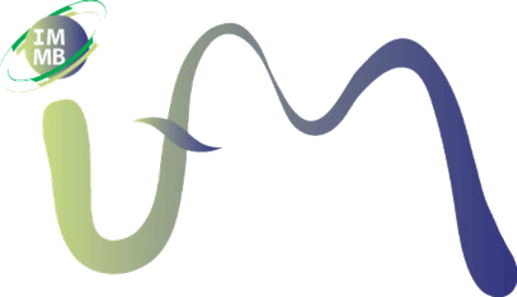Mitarbeitende
- Insa Bakenhus
- Rense Jogsma
- Kirsten Heuer
Thematik
In their natural habitats bacteria are engaged in numerous interactions with bacteria of other species. Despite their high ecological relevance the knowledge about such interspecific interactions is still scarce. It can be assumed that a high number of the genes within bacterial genomes, which encode proteins of unknown function, might have roles in interspecific interactions of bacteria.
We study interspecific interactions of bacteria during degradation of natural and synthetic polymers with defined co-cultures as model systems. In these co-cultures the bacteria are forced to compete for their substrates in various ways, and we could show that the quorum sensing-regulated formation of secondary metabolites as well as biofilm formation is important for successful competition.
The goal of our research is to use such co-cultures for unravelling principles of interspecific bacterial interactions. To this end, we aim to identify novel bioactive compounds (e.g. signal molecules, antibiotics). In addition, we are working on the establishment of synthetic microbial communities for improving biotechnological processes.
Kooperationen
- ZIM F2F project
Ausgewählte Publikationen
Jagmann N, Philipp B (2018) SpoT-Mediated Regulation and Amino Acid Prototrophy Are Essential for Pyocyanin Production During Parasitic Growth of Pseudomonas aeruginosa in a Co-culture Model System With Aeromonas hydrophila.
Frontiers in Microbiology, doi: 10.3389/fmicb.2018.00761Sgobba E, Stumpf A-K, Vortmann M, Jagmann N, Krehenbrink M, Dirks-Hofmeister M, Moerschbacher B, Philipp B and Wendisch VF (2018) Synthetic Escherichia coli-Corynebacterium glutamicum consortia for L-lysine production from starch and sucrose.
Bioresour Technol. 2018 Mar 30;260:302-310, doi: 10.1016/j.biortech.2018.03.113Jagmann N, Bleicher V, Busche T, Kalinowski J, Philipp B (2016) The guanidinobutyrase GbuA is essential for the alkylquinolone-regulated pyocyanin production during parasitic growth of Pseudomonas aeruginosa in co-culture with Aeromonas hydrophila.
Enivronmental Microbiology 201 June 20. doi:Jagmann N, Philipp B (2014) Design of synthetic microbial communities for biotechnological production processes.
Journal of Biotechnology 184: 209-218Jagmann N, von Rekowski KS, Philipp B (2012) Interactions of bacteria with different mechanisms for chitin degradation result in the formation of a mixed-species biofilm.
FEMS Microbiology Letters 326: 69-75
Jagmann N, H-P Brachvogel, B Philipp (2010) Parasitic growth of Pseudomonas aeruginosa in co-culture with the chitinolytic bacterium Aeromonas hydrophila.
Environmental Microbiology 12: 1787-1802

